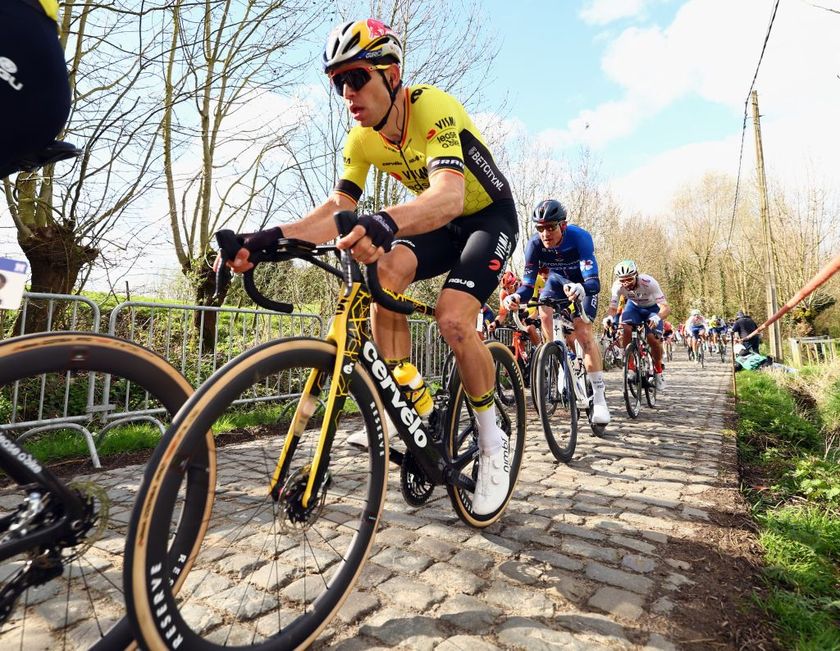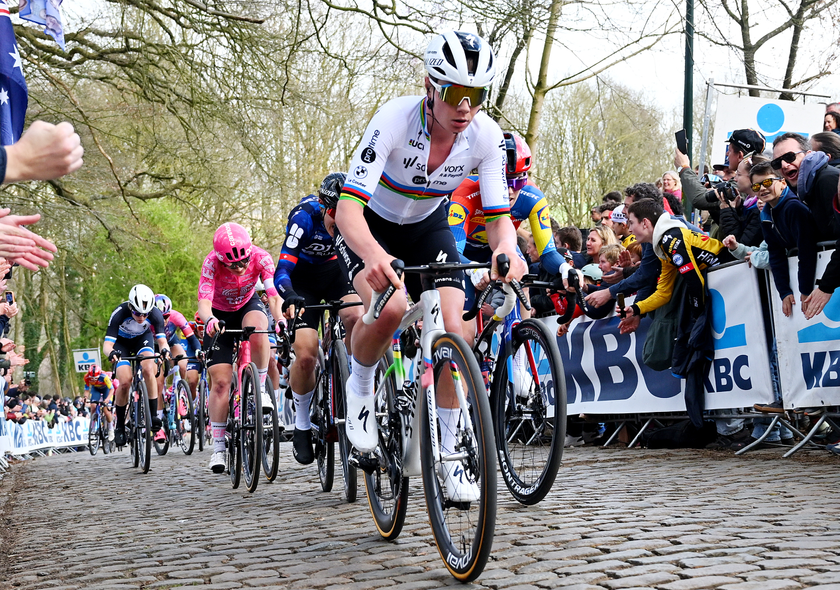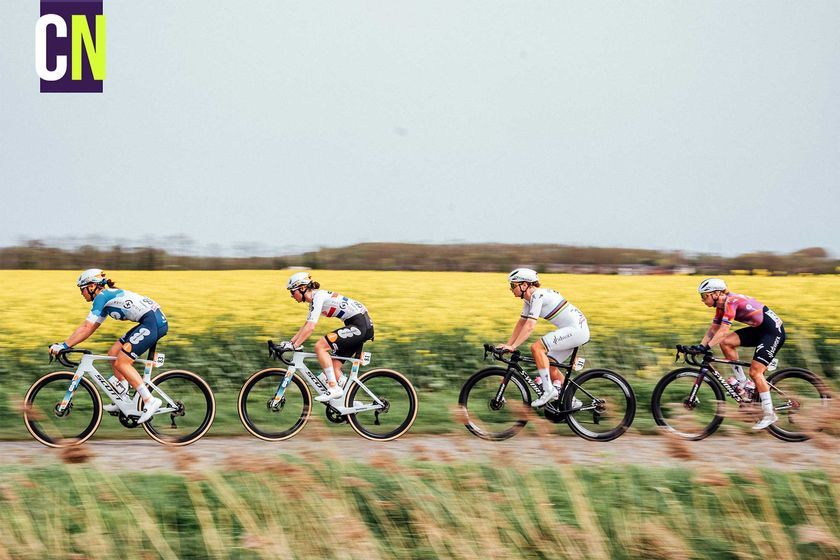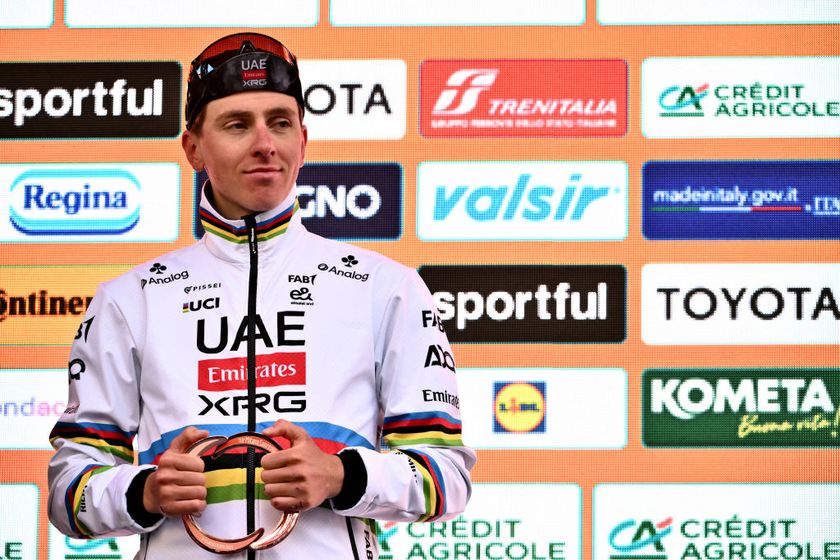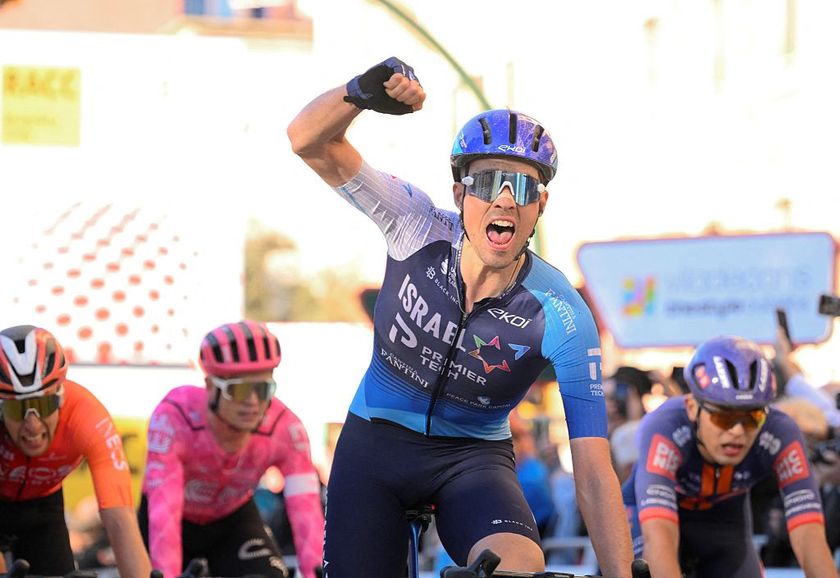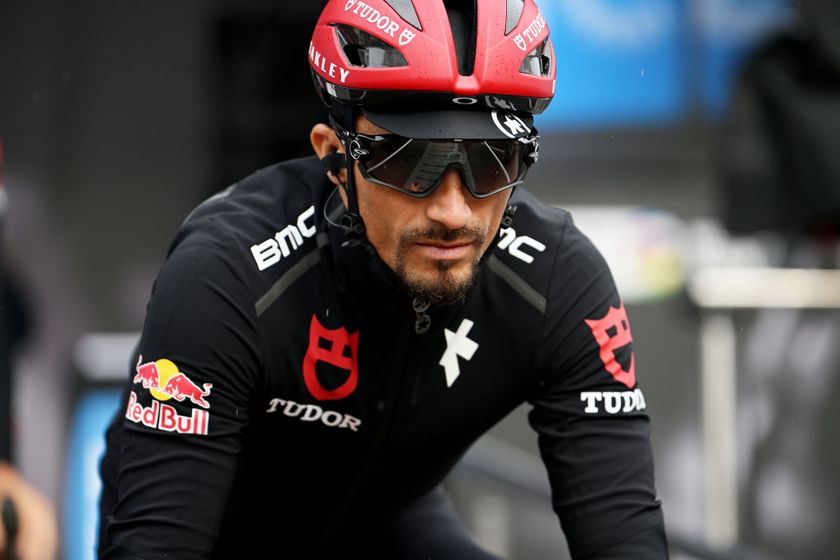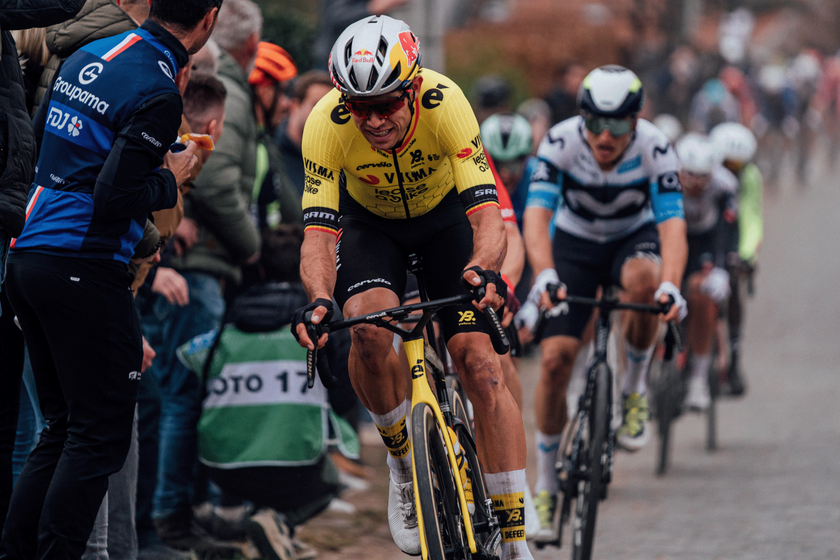Mixed Messages about Olympic Future
By Shane Stokes Responding to the doping stories afflicting this year's Tour de France, the...

By Shane Stokes
Responding to the doping stories afflicting this year's Tour de France, the International Olympic Committee appears to have given a thumbs up to the increased testing which has led to the positive A samples from Alexandre Vinokourov (Astana) and Christian Moreni (Cofidis).
The IOC issued a press release on Thursday which acknowledged that a stronger anti doping drive can bring about such results, and that this was a positive sign for the fight against drugs in sport.
"The recent doping-related events at the Tour de France, whilst disturbing, indicate a painful, slow but nonetheless significant shift in attitude against those who choose to violate the rules in sporting competition," read the release.
"The revelations serve as a valuable reminder that the fight against doping in sport is a daily battle which must be fought in concert by the sports authorities, sports teams, athletes and coaches, and governments.
"It is understandable that the incidents of the past days leave sports lovers feeling deceived. Despite this, it is important to recognise that an increase in exposure of those who are not playing by the rules – be that through increased testing or through other means of proving doping - is an important signal that increased efforts in the fight against doping do have an impact."
The release comes one day after Jean-Francois Lamour, vice president of the World Anti-Doping Agency, suggested that the sport could be withdrawn from the Olympics.
Get The Leadout Newsletter
The latest race content, interviews, features, reviews and expert buying guides, direct to your inbox!
An unnamed source, referred to as a ‘senior European IOC member, echoed this when speaking to AFP on Wednesday.
"Cycling is now a serious point of concern among IOC members," he said. "There is scandal after scandal and it is in serious danger of exiting the Olympics."
He suggested that it could be replaced by one of several sports vying to get into the games. "Softball, rugby and karate are seen to be clean sports and do not carry the dirt of doping in cycling. Cycling is dreadful for the image of the Olympic movement and the Games itself."
Thursday's IOC release may have been issued in response to this statement, which gained considerable coverage.
UCI President Pat McQuaid takes a similar view to that press release, saying that catching cheats is a positive rather than negative sign. He rejects suggestions that cycling could be out of the Games.
"There has been some rumours recently about cycling's possible exclusion from the Olympic Games," he told Cyclingnews on Thursday. "I have spoken to IOC members since then and that is completely off the mark. The attitude of most of the IOC members is why should it take out a sport when it is doing what it is supposed to do?
"As far as WADA is concerned, we are doing what we should, which is to catch cheats and throw them out of the sport. When the sport is doing that, that is not the time to consider throwing it out of the Olympic Games. I don't think that is a realistic situation at all."
He feels it is better to push towards cleaning up the sport rather than ignoring the problem, even if this leads to high-profile positive cases and the resulting negative publicity.
"At the end of the day, while these things such as Vinokourov and Moreni and Rasmussen are shocks to the sport, it shows that cycling is dealing with the issues. It proves that the sport is prepared to face these issues head on, to tackle them and not hide things under the counter.
"There are many other sports that don't have as much testing as we do, but it is only when you actually have controls that you catch people. If there is even only a small percentage of athletes who are prepared to cheat, by doing loads of controls then you're going to catch that percentage.
"I believe it is a small percentage, but I do believe that that small percentage needs to completely disappear. It is only then that we will get the credibility back."
McQuaid feels that there is no overnight remedy and that it will take time to chance a long-standing culture of doping within the sport. WADA chairman Dick Pound and the UCI disagreed over this on Thursday , with the former implying that the tougher anti-doping measures introduced should already have eliminated the problem and the latter saying that such measures will, by their nature, lead to an increased number of positives in the short term.


